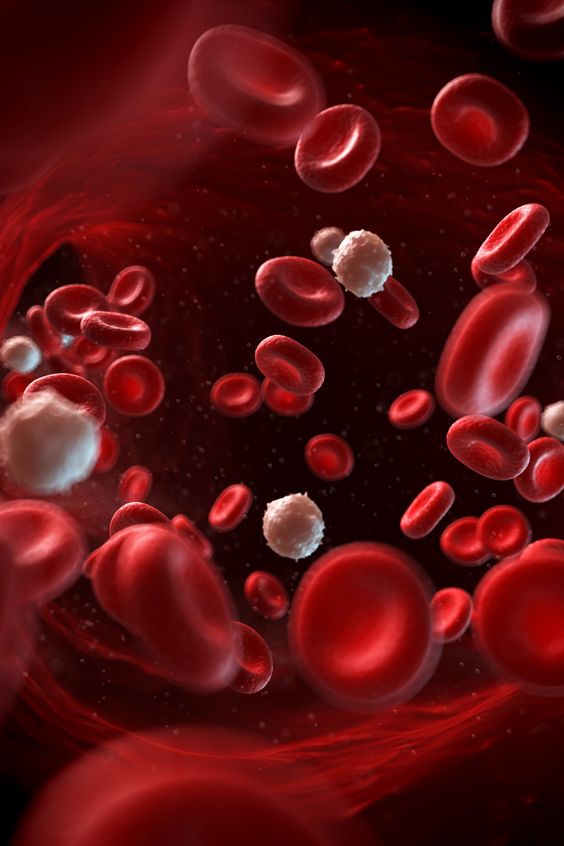There are certain chemicals in every human being’s body that affect its physical, mental, and emotional health. In world of science, these are called hormones. In our body, hormones are secreted by different glands (pituitary, hypothalamus glands) at different times under the command of the brain (for the same reason they are also known as neurotransmitters) and reach the affected area with the help of blood flow and perform the action accordingly.

In the human body, eight major hormone-secreting glands are there that approximately produce more than a hundred hormones. These biochemical messengers (hormones) influence the way we feel, think, and experience life, and this makes it essential for each of us to understand and nurture them.
The hormonal imbalance in the body causes various problems and diseases. Deficiency of each hormone gives its signals, which, if understood in the beginning, can save one from major problems later on. So whenever you see issues like weight gain or loss, erratic behavior, hair loss or thinning, skin problems, anger issues, or other behavioral problems, it’s essential to get hormonal levels checked. So let us get to know what these hormones are. What effect and difference they have in our lives.
Dopamine: The Reward Hormone

Dopamine, the “feel good” hormone, regulates the feeling of motivation, pleasure, and attention. At times feeling sad is alright, but lacking motivation, apathy, and having mood swings for longer periods should ring the bell.
To maintain a healthy level of dopamine one can get engaged in activities that promise rewards, like setting achievable goals, as on completion, these activities give you the feeling of accomplishment. Start Celebrating small achievements, eating a favorite food, listening to uplifting music, creating a regular exercise routine, and indulging in creative activities to naturally stimulate dopamine production.
Avoid short-term dopamine boosts from social media or junk food, as this overreliance and instant gratification can lead to “dopamine crashes.” On the contrary, adopt long-term rewarding habits like reading books or learning new skills or languages to have constructive relaxation.
Serotonin: The Mood Stabilizer

Feeling happy or refreshed means the hormone called serotonin is released by our brain. Serotonin gives the feeling of happiness, satisfaction and pleasure. No wonder it is called “happy hormone.”.
Whenever feelings of depression, irritability, sleep disturbances, and cravings increase, this is the first signal of the body indicating low levels of Serotonin. So to increase these levels, physical activity plays an important role in raising the levels, try exercises like cardio, cycling, swimming, nature walks, sunlight exposure, meditation and yoga are some of the best ways to increase serotonin.
Oxytocin: The Love Hormone

Oxytocin plays a crucial role in creating strong relationships and emotional connections. Negative experiences and high stress can lead to low levels of oxytocin, leaving the person feeling lonely, stressed, and depressed.
To boost oxytocin, one needs physical touch, such as playing with children or a pet, giving a family hug, shaking, or holding hands. Spending quality time with family and friends, strengthening the social bonding by volunteering in community activities that foster a sense of community can help in balancing the hormone as it fosters trust, bonding, and emotional connections.
Endorphins: The Natural Painkillers

Endorphins are the human body’s natural painkiller. They are responsible for feelings of euphoria, happiness, and relaxation. In extreme situations like stress or discomfort, the endocrine release from the endocrine gland is reduced, leading to chronic pain and stress in the body.

To encounter these low levels of hormones, one must take to physical exercise, eating spicy food or chocolates, and laughter therapy. Avoiding stressful and negative thoughts may be useful in maintaining the endorphin levels.
Melatonin: The Sleep Hormone

Melatonin helps the body get into sleep mode so that it can repair itself. Disturbed melatonin can cause insomnia fatigue and irritability. To avoid irregular sleep wake-up cycles, avoid bright screens and lamps an hour before bedtime.
If you find it difficult to fall asleep, listen to some calming music or mantra chanting for good sleep. Once the internal clock is set, sleep quality will be improved. A good sleep will not only enhance energy and focus but also decision-making skills, creativity, and mood. Strictly follow a sleep schedule to wake up feeling refreshed and have a productive day ahead.
Cortisol: The Stress Regulator

Cortisol is a complicated hormone; as the above-mentioned hormones create problems with low levels, cortisol plays havoc with its high levels. It is mainly responsible for the body’s response to stress and with high stress and lack of sleep it’s get affected. Other than stress, lack of sleep and little or no physical activity are the main reasons for disturbed cortisol levels.
Other than slacking off or undergoing long strenuous exercise routines also contribute to cortisol imbalances, resulting in cravings for sugar and salt, energy slumps, struggle to focus, waking up tired and unrested, gut health, high blood pressure, and skin breakouts.
To reduce the cortisol level, one should take to meditation, aromatherapy, morning sun walks, humming, a cold shower, or plunges (as they help trigger the vagus nerve for brain-gut communication).
Thyroid Hormones: The Metabolism Regulators

It is the most commonly imbalanced hormone in today’s time. It would not be wrong to call it the most villainous of all the hormones because when it is disturbed, it shakes most of the major processes of the body, like fat accumulation, fatigue, sensitivity to cold, skin discoloration, water retention, and inflammation.
Keep T3 and T4 levels of thyroid hormone in check, avoid processed food, consider probiotics to support gut health, distance yourself from stress, be around happy people, and exercise regularly.
Conclusion:
To live a good life, it is very important to have natural activation of hormones and their proper balance. But the good news is that by making some changes in the way of life, balance can be established in all these hormones. Consult a doctor before making any changes in your life. Changes in lifestyle along with medicine will gradually reduce the dose of medicine, but you need to remain consistent and disciplined. So let’s get started with the new routine to a new life.
Image: PInterest


Leave a comment